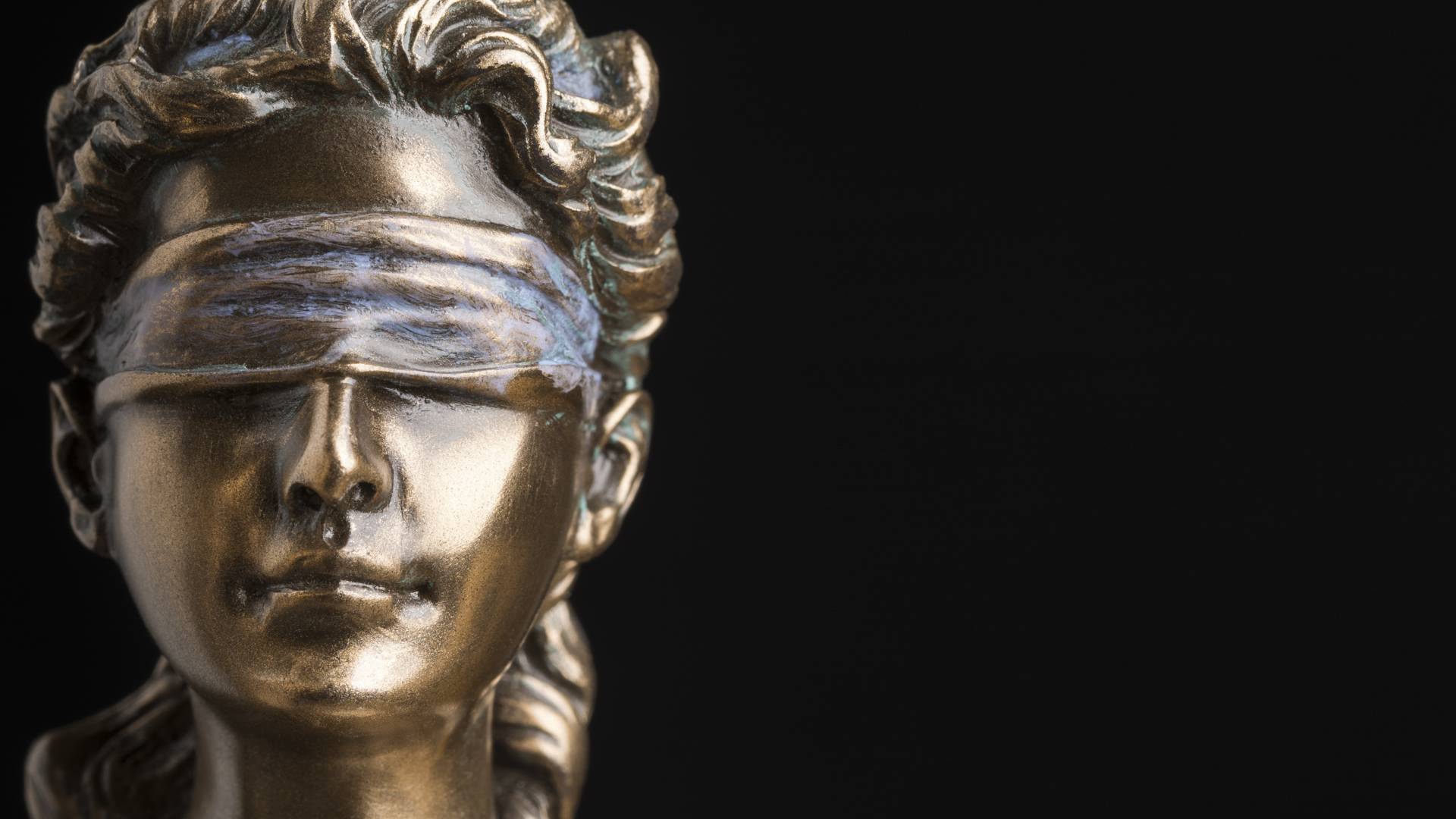Criminal Transmission of HIV
According to the CDC, 37 states criminalize HIV exposure. South Carolina is one of those states.
During the start of the HIV epidemic, which was mid-1981, many states imposed laws that criminalized the exposure of HIV to help reduce transmission, promote safer sex practices, and sometimes, get funding to support HIV prevention efforts. The CDC asserts that many state laws are outdated and do not reflect our current understanding of HIV, as many states do not criminalize the exposure of other treatable diseases.
In South Carolina, a person can go to jail, pay fines, and get a criminal record for exposing another person to HIV in certain cases. Worse, a person may have to register as a sex offender if a judge or jury deems it is necessary. Unfortunately, the law does not consider the use of protection such as condoms or low viral load as a legal defense to criminal charges. Even if a person infected with HIV were to use a condom during sexual activity, they would still have to disclose their HIV status to avoid criminal prosecution.
What Happens if You Knowingly Infect Someone with HIV?
Can you go to jail for giving someone HIV? In South Carolina, you could get a felony punishable by up to $5,000 fines and/or up to 10 years in prison for exposing another person to the Human Immunodeficiency Virus (HIV). Specifically, it is a crime for a person who knows that they are infected with HIV to do the following:
- Knowingly engage in sexual intercourse, vaginal, anal, oral, with another person without first informing the person of their HIV infection
- Knowingly commit prostitution with another person
- Knowingly sell or donate blood, blood products, semen, tissue, organs, or other body fluids
- Forcibly engage in sexual intercourse, vaginal, anal, or oral, without the other person’s consent (including spouses)
- Knowingly share with another person a hypodermic needle, syringe, or both without informing that person that the needle and/or syringe was used by someone infected with HIV
In South Carolina, you can suffer these charges regardless of whether or not HIV was transmitted. As such, even if the victim doesn’t get infected with HIV, you could face felony charges for knowingly engaging in certain activities without disclosing your HIV status.
If you don’t think these crimes are prosecuted, we urge you to think again. South Carolina has convicted several people for failing to disclose their HIV status before engaging in consensual sex. Take a look at the case examples below, as provided by The Center for HIV Law and Policy:
- In February 2015, a 24-year-old man living with HIV was arrested and charged with two counts of exposing another to HIV after he allegedly failed to disclose his status to a sexual partner.
- In January 2011, a 30-year-old PLHIV (person living with HIV) was charged with first-degree harassment and exposing others to HIV after a sexual partner found his HIV medications and reported him to the police.
- In November 2009, a PLHIV was sentenced to six years in prison and four years of probation for knowingly exposing his wife to HIV.5 She did not contract HIV.
- In September 2009, a 35-year-old PLHIV was charged with exposing another to HIV after engaging in consensual, unprotected sex with a person to whom he did not disclose his HIV status
- In August 2009, a 30-year-old PLHIV was charged with criminal sexual conduct with a minor, lewd act on a minor, and exposing another to HIV after he allegedly engaged in sex acts with a 14-year-old boy.
- In March 2008, a 39-year-old PLHIV was sentenced to four years of imprisonment after pleading guilty to exposing his then-girlfriend to HIV.9 The local sheriff’s office emphasized that the man neither disclosed his HIV status nor suggested using condoms.
- In April 2007, a PLHIV was charged with exposing another to HIV after engaging in unprotected, consensual sex with a female partner without disclosing his HIV status.
With these alarming facts in mind, the Center argues that South Carolina’s HIV exposure laws may target activities that pose no risk of HIV transmission. Prostitution is defined as “engaging or offering to engage in sexual activity with or for another in exchange for anything of value.” The Center asserts that this definition means any sexual act could result in criminal charges, as the state statute doesn’t consider whether the sexual act itself poses a risk of HIV exposure or transmission. If you think about it, sexual activity includes masturbation, oral sex, and touching the clothed or unclothed genitals, pubic area, buttocks, or female breasts of another person, among other activities that don’t pose a threat of HIV transmission.
However, since South Carolina’s HIV exposure laws have these ambiguities, a person could face criminal charges for questionable reasons. The Center demonstrates this argument with another case example:
- In July 2014, a 23-year-old PLHIV was charged with exposing another person to HIV after being arrested for soliciting undercover officers. No contact between the defendant or the officers occurred.
As you can see, a person living with HIV (PLHIV) can suffer more than just the virus itself. They can get in serious legal trouble for doing things that most people otherwise would not get arrested for. About 1.2 million people in the US have HIV and 13% of them don’t even know it. This means that a whopping 1.2 million PLHIV are at risk of getting arrested if they get accused of HIV exposure in states that criminalize this act (37 states do).
If you or a loved one is facing criminal charges for criminal HIV exposure, get in touch with our attorney to learn how we can help. You do not have to go through the criminal justice system alone. To get started, contact us online or at (803) 938-4952!
